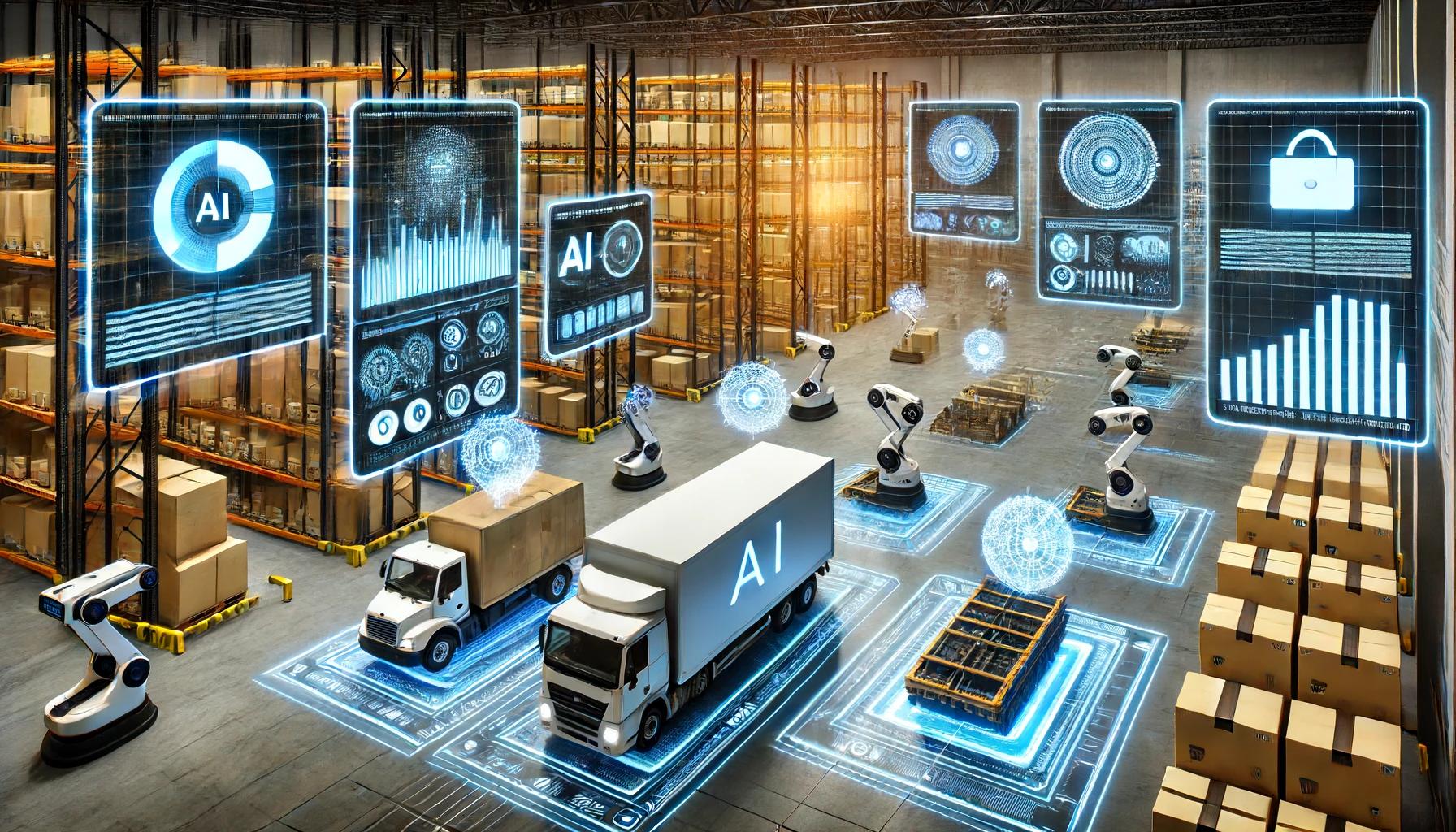Artificial Intelligence (AI) is revolutionizing various industries, and supply chain management is no exception. The integration of AI in supply chain processes offers numerous benefits, including enhanced efficiency, reduced costs, and improved decision-making. This article explores the key aspects of AI in supply chain management and highlights high CPC (Cost Per Click) keywords relevant to this domain.
- The Role of AI in Supply Chain Optimization
- Predictive Analytics for Demand Forecasting
- Enhancing Logistics with AI-Powered Robotics
- Real-Time Visibility and Supply Chain Transparency
- AI-Driven Supply Chain Risk Management
- Sustainable Supply Chain Practices with AI
- Conclusion: The Future of AI in Supply Chain Management
The Role of AI in Supply Chain Optimization
AI technologies such as machine learning, predictive analytics, and robotics are instrumental in optimizing supply chain operations. By analyzing large datasets, AI can identify patterns and trends that human analysts might miss. This capability allows companies to make data-driven decisions that enhance the efficiency and effectiveness of their supply chain processes.
For more insights on AI’s role in supply chain optimization, visit Supply Chain Dive.
Predictive Analytics for Demand Forecasting
One of the most significant applications of AI in supply chain management is predictive analytics. By utilizing historical data and machine learning algorithms, AI can forecast demand with high accuracy. This capability helps companies manage inventory levels, reduce stockouts, and minimize excess inventory, leading to cost savings and improved customer satisfaction.
Learn more about predictive analytics and its impact on supply chain management at Predictive Analytics World.
Enhancing Logistics with AI-Powered Robotics
AI-powered robotics are transforming logistics and warehousing. Automated guided vehicles (AGVs) and autonomous mobile robots (AMRs) can perform repetitive tasks such as picking, packing, and transporting goods, thereby reducing labor costs and increasing operational efficiency. These robots are equipped with sensors and AI algorithms that enable them to navigate complex environments and adapt to changing conditions.
Explore the advancements in AI-powered robotics at Robotics Business Review.
Real-Time Visibility and Supply Chain Transparency
AI enhances real-time visibility and transparency across the supply chain. With AI-driven IoT devices and sensors, companies can monitor the location and condition of goods throughout the supply chain. This real-time data enables proactive decision-making and helps mitigate risks such as delays, theft, or damage to goods.
Discover how real-time visibility is transforming supply chain management at Supply Chain Digital.
AI-Driven Supply Chain Risk Management
Managing risks in the supply chain is crucial for maintaining continuity and resilience. AI can identify potential risks by analyzing various data sources, including weather patterns, geopolitical events, and market trends. This proactive approach allows companies to develop contingency plans and respond swiftly to disruptions, minimizing their impact on operations.
Read about AI-driven risk management strategies at Risk Management Magazine.
Sustainable Supply Chain Practices with AI
Sustainability is becoming a priority for businesses worldwide. AI can help companies implement sustainable supply chain practices by optimizing routes, reducing energy consumption, and minimizing waste. By analyzing data on emissions and resource usage, AI enables companies to identify areas for improvement and achieve their sustainability goals.
Learn how AI is driving sustainable supply chain practices at GreenBiz.
Conclusion: The Future of AI in Supply Chain Management
AI is poised to revolutionize supply chain management by enhancing efficiency, reducing costs, and improving decision-making. As AI technologies continue to evolve, their applications in the supply chain will expand, leading to more innovative solutions and greater competitive advantages for businesses.
For further reading on the future of AI in supply chain management, visit Forbes.
By understanding and leveraging the power of AI, companies can transform their supply chain operations and stay ahead in an increasingly competitive market. The integration of AI in supply chain management is not just a trend but a strategic imperative for businesses aiming to achieve long-term success.





